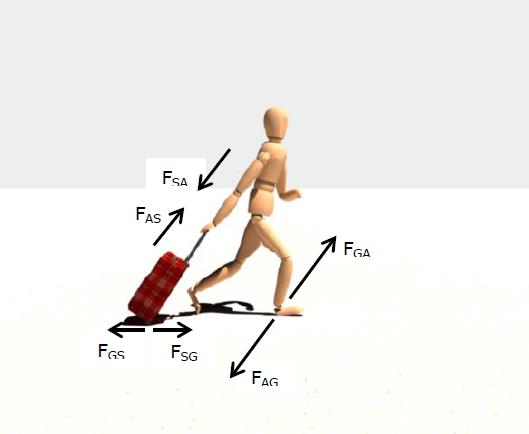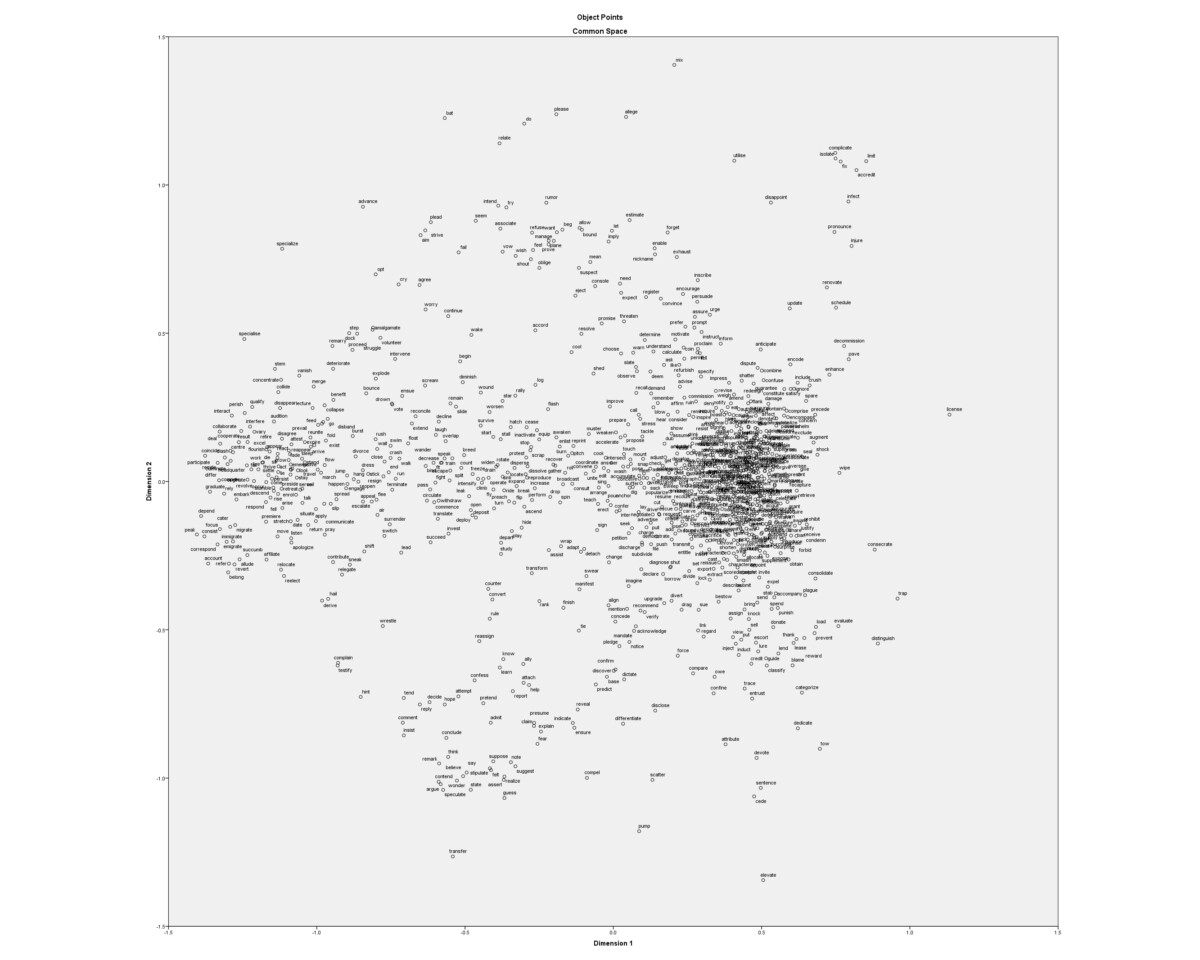Research in LaBL investigates how machine learning and analyses of language can provide insights into human thinking and mental health. We pursue research examining how Natural Language Processing and Artificial Intelligence can, in effect, data mine the mind.
Currently, we are using deep learning models (e.g. Llama 2, FLAN UL2, the latest GPT) to better understand decision-making, the relationship between semantics and syntax, and the emergence of brain illnesses, such as Alzheimer’s.
Our most recent research is funded by the NIH, specifically NIMH and NIA.
Lines of Research
1. Extraction of linguistic biomarkers using machine learning and natural language processing Dr. Wolff has developed novel computational approaches to extracting linguistic biomarkers of mental illness from natural language. In Rezaii, Walker, and Wolff, he created algorithms for measuring semantic density and conducting latent content analyses using state-of-the-art machine learning and natural language techniques. In Thorstad and Wolff (2019), Dr. Wolff developed a clustering methodology for identifying the linguistic features that predict mental illness from people’s Reddit posts. In Thorstad and Wolff (2018), he developed classifiers for decoding references to time, which we used to investigate the relationship between time orientation and decision-making. In Shi and Wolff (2021), he assessed the psychological validity of the state-of-the-art transformer T5. Dr. Wolff has served as the senior investigator on the following publications:
- Rezaii, N. Wolff, P., & Price, B. (2023). Natural Language Processing in Psychiatry: The Promises and Perils of a Transformative Approach. British Journal of Psychiatry, 220, 251-253.
- Rezaii, N., Walker, E. & Wolff, P. A machine learning approach to predicting psychosis using semantic density and latent content analysis. npj Schizophr 5, 9 (2019) doi:10.1038/s41537-019-0077-9
- Thorstad, R. & Wolff, P. Predicting future mental illness from social media: A big-data approach. Behav Res (2019) 51: 1586.
- Thorstad, R. & Wolff, P. Big data analysis of the relationship between future thinking and decision making. Proceedings of the National Academy of Sciences Feb 2018, 115 (8) E1740-E1748; DOI: 10.1073/pnas.1706589115
2. Causal meaning, causal perception, and causal reasoning Over the last ten years, Dr. Wolff has investigated three facets of causal cognition: the problem of how causal meaning is encoded in language, the problem of how causation is extracted from perceptual experience, and the problem of how people reason with causal relations. In this line of research, he has pursued the idea that the causal knowledge incorporates notions of force, as reflected in the semantics of causal language and the neural correlates of causal perception. He has investigated these topics using a range of methodologies, including computer visualization, computational modeling, haptic rendering, and corpus linguistics. His work on causation is among my most cited.
- Wolff, P. Direct causation in the linguistic coding and individuation of causal events. Cognition volume 88, issue 1, P1-48 (2003) DOI: 10.1016/s0010-0277(03)00004-0
- Wolff, P., & Song, G. Models of causation and the semantics of causal verbs. Cognitive Psychology volume 47, issue 3, P276-332 (2003) DOI: 10.1016/s0010-0285(03)00036-7
- Wolff, P. Representing causation. Journal of Experimental Psychology: General volume 136, issue 1, P82-111 (2007) DOI: 10.1037/0096-3445.136.1.82
- Wolff, P., & Barbey, A. K. Causal reasoning with forces. Frontiers in Human Neuroscience (2015) DOI: 10.3389/fnhum.2015.00001
3. Language and thought Dr. Wolff’s interest in linguistic biomarkers began with research in which he conducted empirical investigations of the relationship between language and thought. One major emphasis in this research concerned what word meanings might tell us about the representation of concepts. To this end, Dr. Wolff co-edited a book with Dr. Barbara Malt on the language-thought interface. A second major emphasis of this research has been the question of whether the language one speaks has an impact on thought. He has examined this question concerning the linguistic coding of causation across languages.
- Wolff, P., Jeon, G., & Yu, L. Causers in English, Korean, and Chinese and the individuation of events. Language and Cognition volume 1, issue 2, P167-196 2009 DOI: 10.1515/langcog.2009.009
- Wolff, P., & Holmes, K. (2011). Linguistic Relativity. Wiley Interdisciplinary Reviews: Cognitive Science volume 2, issue 3, P253-265 (2010) DOI: 10.1002/wcs.104
- Holmes, K. J., & Wolff, P. Does categorical perception in the left hemisphere depend on language? Journal of Experimental Psychology: General volume 141, issue 3, P439-443 (2012) DOI: 10.1037/a0027289
- Wolff, P., & Ventura, T. (2009). When Russians learn English: How the semantics of causation may change. Bilingualism: Language and Cognition volume 12, issue 2, P153-176 (2009) DOI: 10.1017/s1366728909004040
4. Metaphor and analogy Dr. Wolff’s early research addressed questions concerning how people recognize and comprehend metaphorical language. In this research, he established that the process of understanding a metaphor involves at least two stages: an initial comparison stage that identifies a common relational structure and a later inference stage that transfers information that is unique to the base term of the comparison to the target. He served as the primary investigator in the following studies:
- Gentner, D., & Wolff, P. Alignment in the processing of metaphor. Journal of Memory and Language volume 37, issue 3, P331-355 (1997) DOI: 10.1006/jmla.1997.2527
- Wolff, P., & Gentner, D. Evidence for role-neutral initial processing of metaphors. Journal of Experimental Psychology: Learning, Memory, and Cognition volume 26, issue 2, P529-541 (2000) DOI: 10.1037//0278-7393.26.2.529
- Gentner, D., & Wolff, P. (2000). Metaphor and knowledge change. In E. Dietrich & A. Markman (Eds.), Cognitive dynamics: Conceptual change in humans and machines (pp. 295-342). Mahwah, NJ: Lawrence Erlbaum.
- Wolff, P., & Gentner, D. Structure-mapping in metaphor comprehension. Cognitive Science volume 35, issue 8, P1456-1488 (2011) DOI: 10.1111/j.1551-6709.2011.01194.x
Equipment
The Language Biomarker Lab owns a 2-CPU Microway compute server with 80 logical cores, 512GB of system memory, and 20 terabytes of storage. The server resides in a tightly secured data center on Emory University’s campus. The 4 NVIDIA A100 80GB GPUs give the server a total of 320GB of video memory. InfiniBand connections between the cards enable both inference and training of Large Language Models (LLM) with over 1 petaflop of deep learning performance.
The lab owns a force dimension omega.3 haptic device, which provides high-end force feedback. In addition, the lab owns four Novint Falcon Haptic controllers. These controllers can also be used to provide force feedback but at roughly a third of the resolution of the omega.3.
Publications https://pubmed.ncbi.nlm.nih.gov/term=Phillip%20Wolff&sort=date&ac=yes





Location
PAIS Building-Emory University
Search
Links